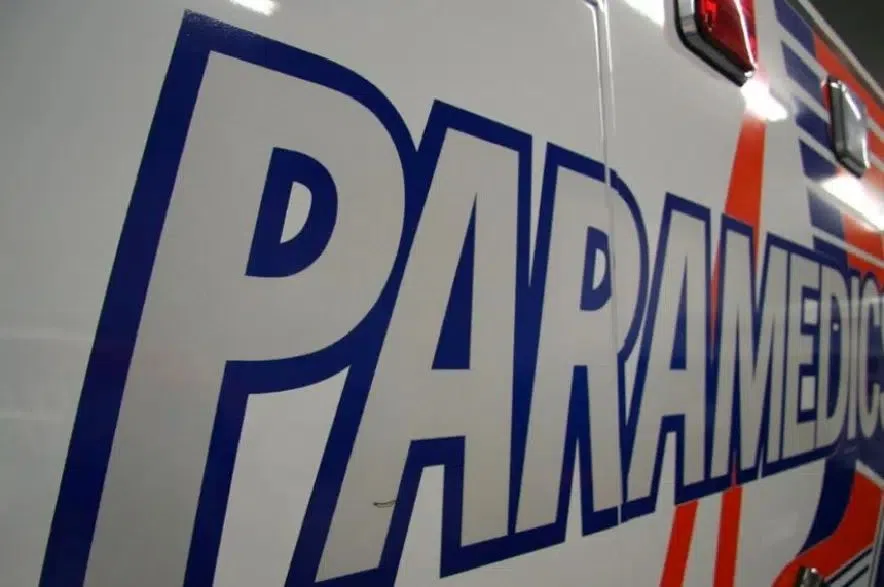Saskatoon is getting more frontline first responders.
In a media release Monday, the provincial government said it was putting up $700,000 in 2023-24 and $2.6 million annually to fund two more ambulances in Saskatoon that will be staffed 24 hours a day seven days a week.
As well, the funding will pay for an additional community paramedic position that will work 12 hours a day seven days a week.
“We are committed to ensuring Saskatchewan patients have the access they need to emergency medical services in health crisis situations,” Health Minister Everett Hindley said in the release.
“This increase in ambulance and paramedic capacity for the Saskatoon area will improve response times to 911 calls and better balance the workload for our paramedics.”
The government said Saskatoon has seen a 33 per cent increase in call volumes for paramedics over the past five years, which has led to longer response times. The hope is that the additional ambulances will address that backlog, and will help rural EMS services that are waiting to transfer patients into Saskatoon.
According to the release, Medavie Health Services West — which is contracted by the Saskatchewan Health Authority to provide EMS services for Saskatoon and the surrounding area — will start recruiting immediately.
“Medavie Health Services West Saskatoon is proud of our continued partnership with the Saskatchewan Health Authority and the Ministry of Health,” Gerry Schriemer — the chief operating officer and regional director for Medavie Health Services West — said in the release.
“As a health solutions partner, receiving these increased resources will continue to provide the residents of Saskatoon with timely and appropriate high-quality care. Our operations teams are finalizing their deployment plans to ensure these resources are effectively utilized to make the biggest impact to the citizens we serve. We expect the first resources to start as soon as early January.”
As for community paramedics, they can perform dressing changes, administer IV antibiotics, collect blood, provide medication assistance or treat patients with flu-like symptoms. They also can help get people out of emergency departments quicker by supporting patients who are waiting to get connected to community assistance like home care.
In January, the province announced it was expanding the number of training seats for a number of health-care professions, including primary care paramedics. It followed that announcement with one in July, in which it said it would be offering bursaries for paramedics to keep them in the province.
The government said almost 95 bursaries were awarded to paramedics who agreed to work in Saskatchewan.
Those funding announcements were part of the provincial government’s Health Human Resources Action Plan, which aims to recruit, train and retain more health-care professionals in Saskatchewan.







